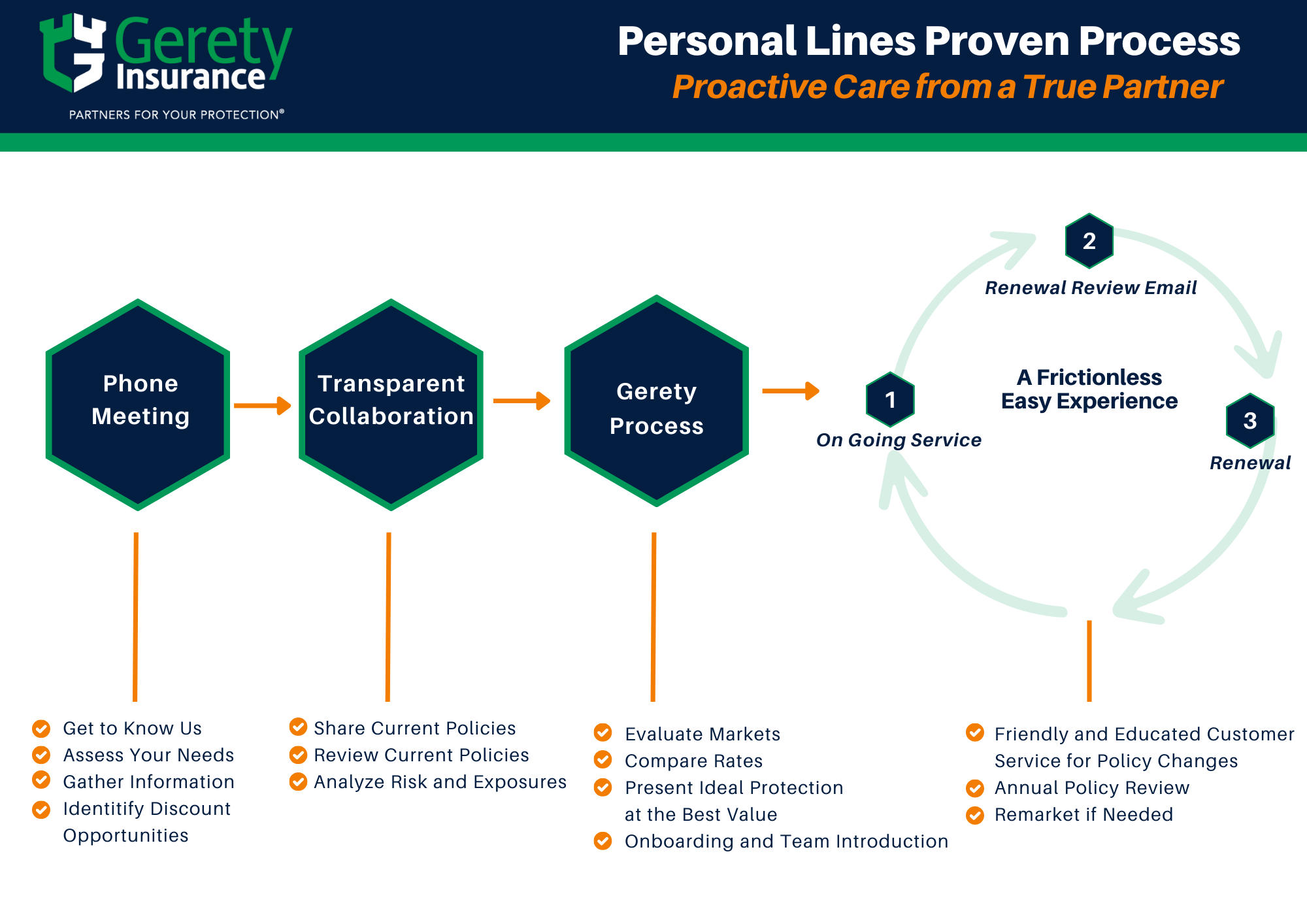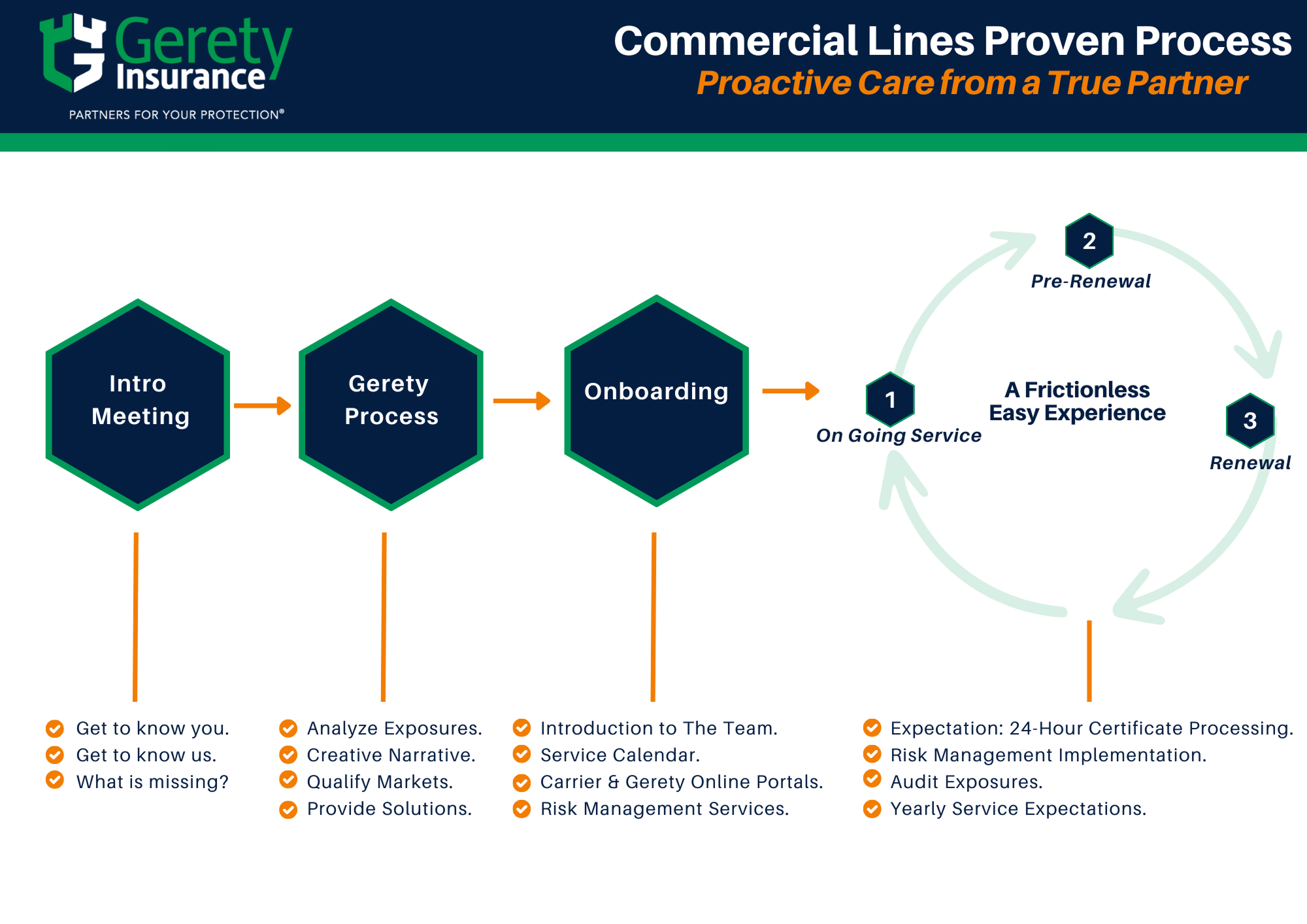Recreational vehicles provide an exciting way to explore the outdoors and experience nature. To safely get the most out of your ‘toys,’ it’s essential to understand insurance coverage required by Maryland law or options not necessarily needed but worth consideration. Insurance for recreational vehicles can help cover any costs associated with damages, repairs, replacements, or medical bills in case of accidents. Keep reading to ensure you’ll get the most out of your recreational vehicles as warmer weather approaches.
Motorcycles
The Maryland Insurance Administration details motorcycle insurance requirements in their Motorcycle Insurance FAQ. Before you can register your motorcycle or obtain tags, Maryland law requires you to purchase liability insurance.
Maryland requires you to carry minimum liability limits of:
- $30,000 per person
- $60,000 per occurrence of bodily injury
- $15,000 property damage coverage
These minimum limits are the same required for typical auto insurance, and additional coverages could include coverage for motorcycle customization or roadside assistance. Here at Gerety Insurance we recommend a higher liability to protect your lifestyle.
For instance, some providers offer Original Equipment Manufacturer (OEM) coverage for bikes. This additional coverage ensures aftermarket parts will not be used when repairing your bike. For many motorcycle enthusiasts, OEM coverage is a must-have – owners can rest assured that their bikes will be repaired using original parts specific to their motorcycles.
Many motorcycle riders invest a lot of money into custom equipment and riding gear – that’s why minimum liability insurance isn’t always the best option. To ensure your financial investment is fully protected, you may want to explore additional coverage options. You can request a review today and find out what coverage will best suit your needs.
Boats and Personal Watercraft
Maryland law doesn’t require purchasing insurance for your boat or personal watercraft. Still, if you’ve borrowed money from a lender to fund your purchase, the lender can necessitate you purchase an insurance policy.
Additionally, the Maryland Insurance Administration’s “Consumer Guide to Insurance for Boats and Personal Watercraft” outlines that if you “fail to maintain a policy, a lender may purchase a ‘force place’ insurance policy to protect its interest in the watercraft.” When a lender invokes force-place insurance, you’re charged for coverage that only protects the borrowed money from the lender. Any interest you put into the boat or watercraft won’t be covered.
Additionally, individuals engaging in boating activities can be held responsible for any fuel or oil spills into a body of water. So, consider fuel spill liability coverage in choosing your boat insurance. This coverage can help protect boaters’ finances from potential cleanup costs, environmental damage expenses, and legal fines or court fees associated with a spill.
While boat or personal watercraft insurance isn’t legally required, these vehicles can come at massive monetary costs that are undoubtedly worth protecting. In Maryland, you can generally obtain coverage in one of three ways:
- A homeowner’s policy
While homeowner’s insurance policies may provide some coverage for smaller vessels, they can be limited.
- A watercraft endorsement to a homeowner’s policy
These endorsements are added to your homeowner’s insurance policy at an additional premium.
- Under a separate boat policy
These policies are typically more comprehensive, offering coverage for property loss that meets specified parameters.
When choosing your boat or personal watercraft insurance, consider whether your policy includes a navigational water limitation. These restrictions limit your coverage to specific areas, so they must reflect places you typically operate your boat or personal watercraft. If you plan to take your watercraft into a different body of water than the policy specifies, contact your insurance provider and make sure that your policy will protect you.
All-Terrain Vehicles (ATVs) or Utility Terrain Vehicles (UTVs)
Maryland law does not require coverage for all-terrain vehicles (ATVs) or utility terrain vehicles (UTVs); however, financing your purchase may mean your lender requires insurance coverage, as is the case with boats or personal watercraft.
Examples of ATV and UTV vehicles that can be insured include:
- Dirt bikes
- Dune buggies
- Golf carts
- Snowmobiles
- Four wheelers
If you’re interested in insuring a golf cart, keep in mind that golf carts are used in various places: neighborhoods, college campuses, airports, and more. Depending on where you plan to use a golf cart, you must ensure adequate liability insurance coverage in case of accidents resulting in injuries or damages.
While your homeowner’s insurance may offer endorsements to provide coverage for these motor vehicles, it doesn’t cover them unless they’re used to maintain your insured property or solely used by someone with a disability. So, if you plan on using one of these vehicles for recreation, they’ll not be covered by homeowner’s insurance.
Additionally, it’s important to note that most ATV or UTV insurance policies are written for stock vehicles and replacement parts. If your ATV or UTV has custom parts, or you’re planning on using them, these accessories need to be stated during policy writing so that they’re appropriately covered.
Although the state doesn’t require insurance, ATV or UTV insurance is worth looking into. The Consumer Product Safety Commission (CPSC) found that in 2020, an estimated 112,300 injuries were associated with off-highway vehicles, and ATVs were involved with 96% of them. Insuring your ATV with liability and collision coverage can give you peace of mind while offering additional protection in case of accidents or injuries.
Moreover, comprehensive coverage can protect your vehicle from threats such as hail, fire damage, and theft. Without insurance, you’d be required to pay the replacement costs out of pocket. Comprehensive coverage prepares you for worst-case scenarios, such as your vehicle being stolen, and keeps you financially protected.
Recreational Vehicles (RVs)
RV insurance acts like two policies, covering your motorhome or camper like car insurance and the living area like home insurance. For a more in-depth look, check out our complete analysis of RV insurance. We’ll cover the basics for now.
Motorized recreational vehicles that fall into the following classes need the same kind of coverage as your car with liability, comprehensive, and collision insurance:
- Class A: Contains a complete ‘home’ with amenities; typically looks like a large, commercial bus
- Class B: Includes more van-like vehicles with standing and walking room
- Class C: Motorhomes built on truck or van chassis
Other recreational vehicles on wheels include:
- Fifth-wheel trailers: Designed to be pulled on highways and set up for camping or long-term use
- Toy haulers: Vehicles that can contain motorized toys (ATVs, 4-wheelers, snowmobiles, or dirt bikes)
- Horse trailers: For transporting horses
- Pop-up campers: Designed to be collapsed for easy storage or transport
If you plan only to use your RV several times a year, you can lessen costs by purchasing seasonal coverage. However, trailer RVs require year-round insurance coverage for damage on and off the road.
Protect with Gerety
While this article covers the basics for protecting your ‘toys,’ our agents are more than happy to answer any questions you may have and provide individualized coverage options so you can stay safe and get the most out of your recreational vehicles. As a local broker, we can help you navigate Maryland legal requirements and offer comprehensive, proactive coverage at the best rates possible.
With warmer weather approaching and more opportunities to use your recreational vehicles, gain peace of mind by protecting your ‘toys’ and getting your vehicle appropriately covered before hitting the road, trail, or waterway. You can start by reaching out to us today and requesting a quote; we look forward to hearing from you!






